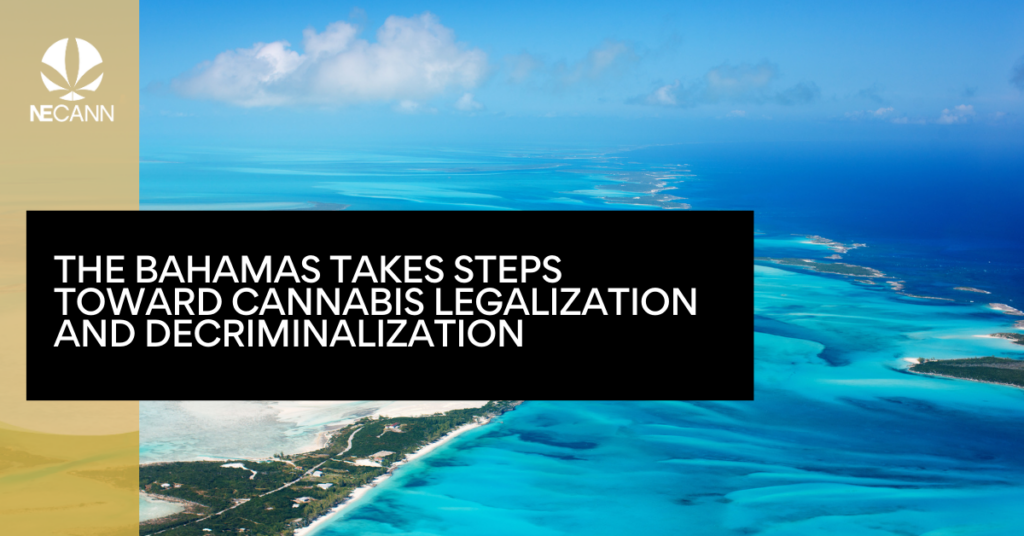In a significant move toward cannabis reform, The Bahamas has unveiled legislation aimed at legalizing cannabis for both medical and religious purposes while decriminalizing the possession of small quantities. This progressive step represents a notable shift in the country’s approach to cannabis.
Under the proposed legislation, individuals found in possession of less than one ounce of cannabis, which is not intended for medical or religious purposes, would face a $250 fine without facing criminal charges. This approach reflects a more lenient stance on minor cannabis offenses.
One striking aspect of the legislation is its emphasis on Bahamian ownership within the cannabis industry. Licenses for various cannabis-related activities such as cultivation, retail, transport, and religious use would only be granted to companies that are entirely Bahamian-owned. Additionally, licenses for research, testing, and manufacturing would be available to companies with at least 30% Bahamian ownership. This commitment to local ownership aims to ensure that the economic benefits of the emerging cannabis industry remain within the country.
To regulate this evolving industry, the government plans to establish a dedicated agency. This agency would oversee and enforce the various aspects of cannabis production, distribution, and use, ensuring compliance with the new regulations.
Attorney General Ryan Pinder has indicated that cannabis used for religious purposes would be subject to specific restrictions, including consumption only on the premises of licensed organizations.
The Bahamas joins other Caribbean nations in reassessing its cannabis policies. In 2018, Antigua and Barbuda legalized medical cannabis, granting Rastafarians authorization to cultivate and consume cannabis for religious purposes. Jamaica, too, has decriminalized the possession of small amounts of cannabis, reflecting a broader trend of cannabis policy reform in the region.
These progressive steps in The Bahamas signal a growing recognition of the potential benefits of cannabis reform, both in terms of social justice and economic development. As the nation moves forward with these legislative changes, it sets the stage for a regulated cannabis industry that prioritizes local ownership and oversight.



